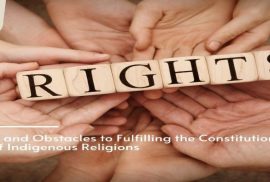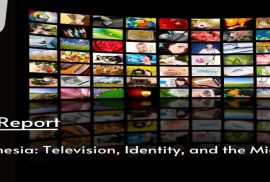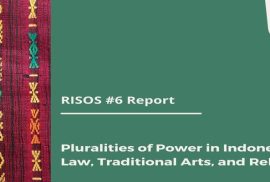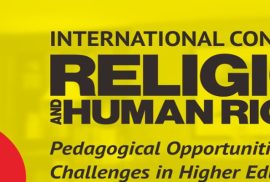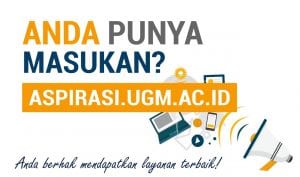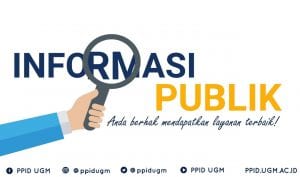Written by Jekonia Tarigan
After the decision of the Constitutional Court No.97/PUU-XIV/2016 related to the inclusion of indigenous beliefs as part of the religion column on the national identity card (KTP), as it concerns the rights of followers of indigenous religions, ideally there should no longer be discrimination in terms of having an equal position before the law and acquiring domicile documents equivalent to other citizens. [[i]] But, has the decision been properly implemented in people’s lives, especially in relation to public treatment and services to indigenous communities? This was the main question at the Kamisan Daring Forum (FKD) on August 18, 2022. This forum was held by several institutions including the Indonesian Consortium for Religious Studies (ICRS), the Center for Religious and Cross-cultural Studies (CRCS), and the National Commission on Violence Against Women (Komnas Perempuan).

